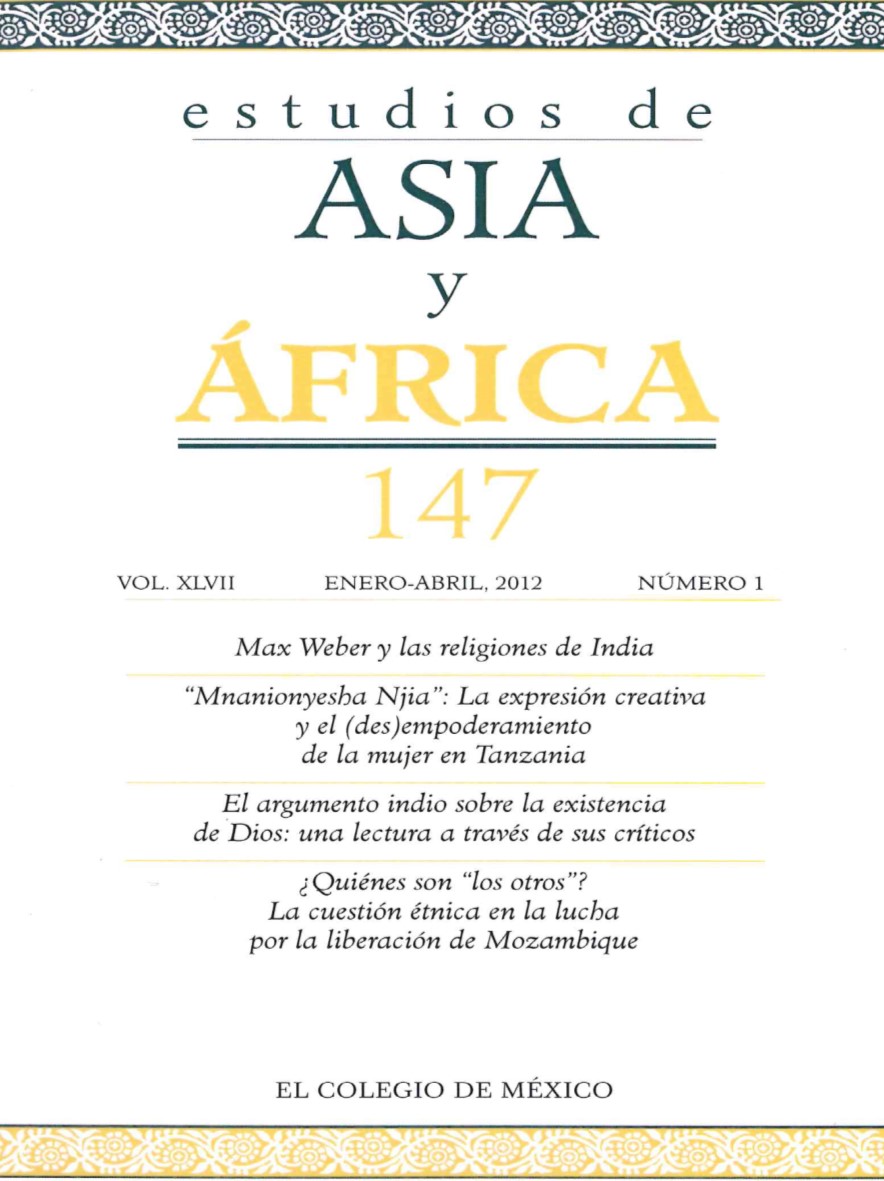Abstract
This essay shows the great sophistication reached by Indian philosophical speculation around the problem of God’s existence between the seventh and eleventh centuries. To this end, the essay discusses the main points in the argument that Udayana (11th century), one of the leading proponents of the late Indian school of logic (nyāya), elaborated in order to defend God’s existence, partly as a response to the objections that had been previously put forward by the Buddhist tradition, in the figure of Dharmakirti (7th century), as well as by the brahmanical orthodoxy, in the figure of Kumārila Bhaṭṭa (8th century). Secondarily, the essay questions the understanding that in the form of a too simplistic opposition between reason and spirituality still prevails in the Spanish speaking world about the speculative tradition of Sanskritic India.
This work is licensed under a Creative Commons Attribution-NonCommercial-NoDerivatives 4.0 International License
Copyright 2022 Estudios de Asia y África


